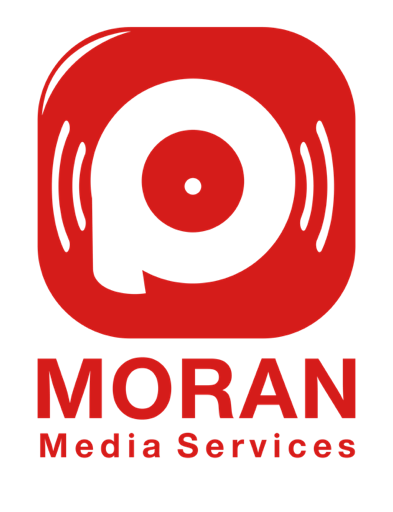Cloud management platforms are designed to provide uniform and consistent oversight of cloud environments, enabling organizations to manage security and governance, cost performance, and compliance. They help streamline processes, automate workflows reduce human involvement and accelerate the deployment of infrastructure, applications and services.
A good CMP will be able to support all aspects of the lifecycle of cloud computing, from planning to migration. It should be scalable enough that it can expand with the business, be compatible with various cloud computing models and let users customize the tool according their own methods. It should also consider aspects like reliability and resilience.
It is essential to identify your needs and areas to improve before you select the right platform. For instance, you could want to increase the observability of log files through analysis, or you might be looking for ways to optimise cloud usage with granular cost analytics and governance policies. Other crucial features to think about are self-service portals, well-curated list of pre-approved cloud services, a robust automation capabilities, and migration support.
The best cloud management tools also provide monitoring and alerting across workloads, data and application performance. They can help keep the cloud from spreading and ensure compliance with various regulations. Additionally, they should be able to expand their environments as needed and offer real-time alerts on issues.
